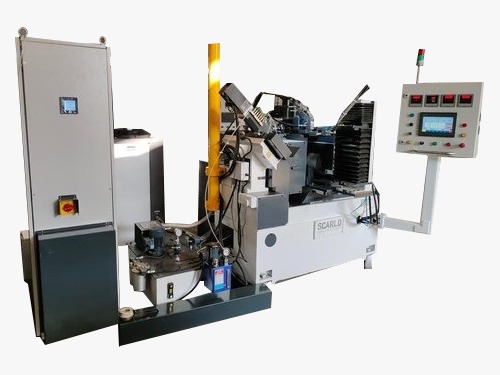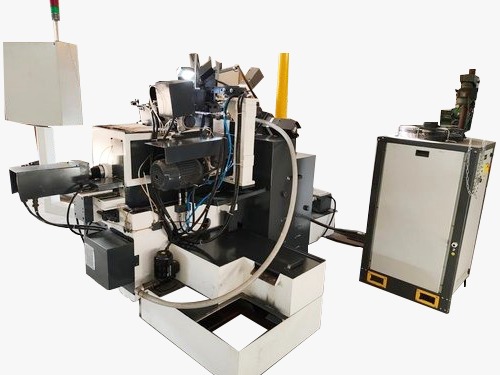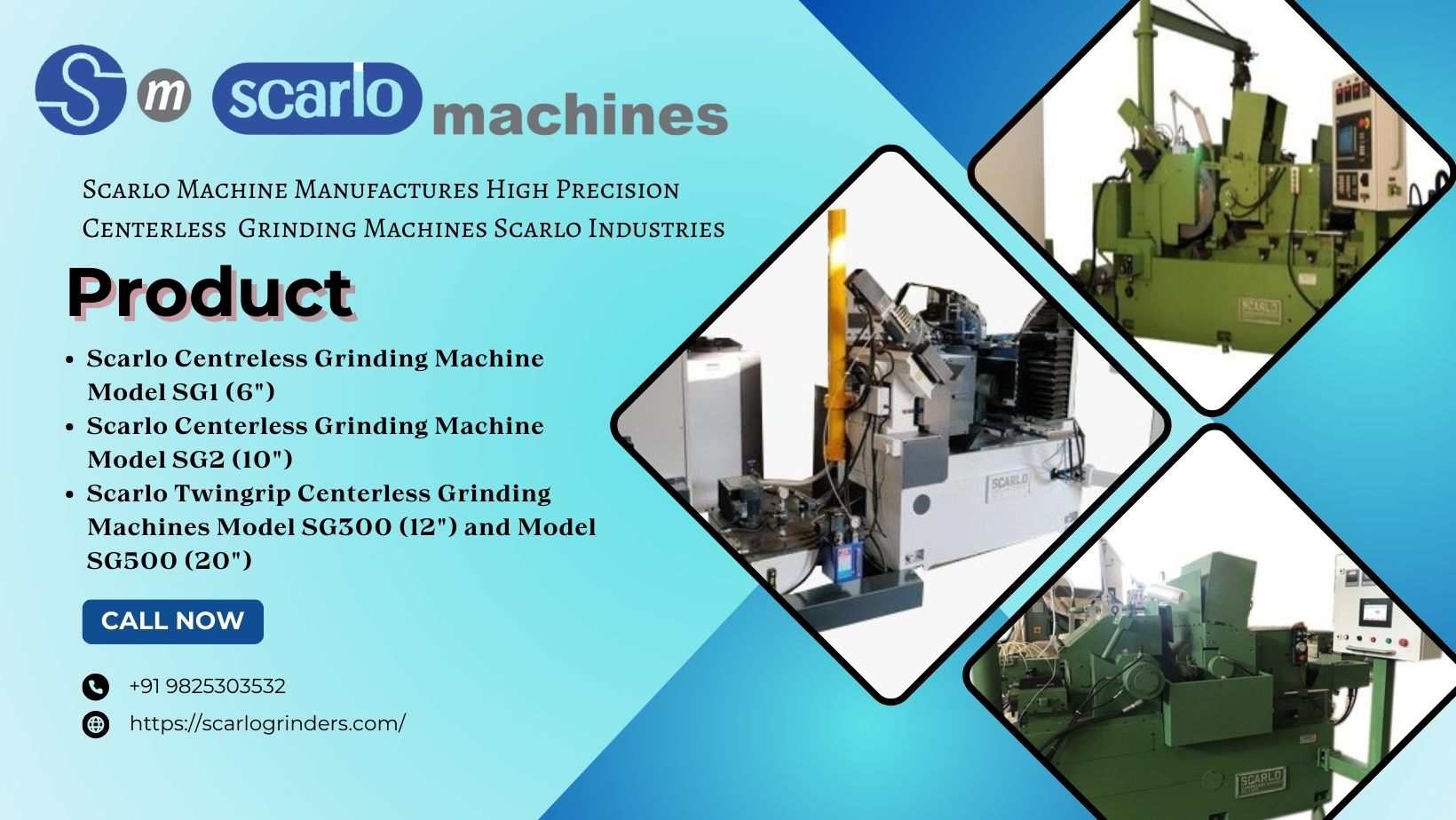


Centerless Grinding Machine with Temperature Control

Introduction
The Centerless Grinding Machine with Temperature Control offers enhanced precision and performance for industries that demand consistent, high-quality surface finishes. This advanced machine ensures stable operations by maintaining optimal grinding temperatures, reducing thermal expansion and distortion during processing.
Application Area
-
Automotive Parts Manufacturing
-
Aerospace Component Fabrication
-
Bearing Production
-
Medical Device Manufacturing
-
Tool and Die Making
-
Heavy Machinery Parts Production
Uses, Material, and Features
Materials Processed:
-
Stainless Steel
-
High-carbon Steel
-
Aluminum Alloys
-
Titanium
-
Hardened Tool Steels
Key Features:
-
Integrated Temperature Monitoring and Control System
-
High-precision grinding for cylindrical and complex components
-
Automatic feed and loading options
-
Adjustable grinding wheel and control wheel speeds
-
Vibration-resistant design for superior stability
-
Efficient coolant systems to dissipate heat
-
User-friendly interface and programmable settings
Benefits
-
Delivers higher accuracy and consistent part quality
-
Reduces rejection rates caused by thermal distortion
-
Enhances grinding efficiency with minimal downtime
Improves productivity with automation options
-
Suitable for continuous, heavy-duty industrial use
-
Eco-friendly by optimizing coolant usage and reducing waste
Conclusion
The Centerless Grinding Machine with Temperature Control is essential for industries that prioritize precision, efficiency, and reliability. Its superior temperature management system ensures excellent surface finishes and consistent product quality, making it a valuable asset for modern manufacturing setups.
FAQs
Q1: What is the main advantage of a temperature-controlled centerless grinder?
A: It ensures dimensional stability and reduces errors caused by thermal expansion during grinding.
Q2: Can this machine handle both soft and hard materials?
A: Yes, it is designed for a wide range of materials, including hardened steels and soft alloys.
Q3: How does temperature control improve machine life?
A: By reducing thermal stress on components, it prevents premature wear and extends machine lifespan.
Q4: Is this machine suitable for mass production?
A: Absolutely, its stability and automation capabilities make it ideal for large-scale manufacturing.
Q5: Does it require special maintenance?
A: Standard maintenance is sufficient; regular coolant checks and system inspections are recommended.
Tag list
Filter Using Product Tags



